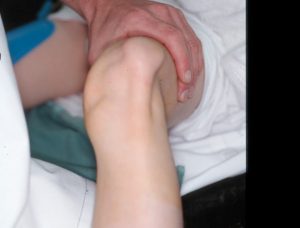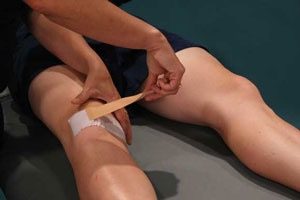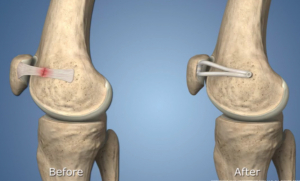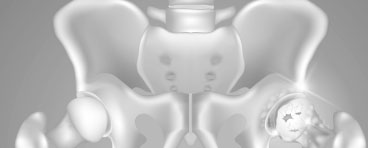Click on the links below to find out more
Patella Dislocation & Instability (Unstable Kneecap)
TREATMENT
Treatment for patellar dislocation needs to be tailored to the exact cause of the dislocation, this may consist of both surgical and non-surgical options.
Immedate Treatment
If the patella remains dislocated, it needs to be put back in place by a doctor as soon as possible.
Nonsurgical Treatment
Mr Slattery will advise you regarding the use of braces, weight bearing, crutches and a specific physiotherapy program depending upon the cause of the patellar dislocation.
Because knee ligaments can be damaged by dislocation, the patella is often unstable after the injury. This can result in further dislocation, often requiring less force than the initial dislocation. Recurrences are also common if the dislocation was caused by an abnormality in the knee structure. Overall the recurrence rate is between 20-50%.
Surgical Treatment
If your knee has sustained injury to the cartilage or if the patella dislocates multiple times, surgery may be recommended to correct the problem. The cause of the instability will determine the type of surgery required. There is a wide variety of surgery available to treat patellar dislocation, which Mr Slattery is able to utilise to treat the exact cause of the dislocation. Mr Slattery is skilled in minimally invasive techniques of ligament reconstruction, femur realignment and arthroscopic techniques to treat patellar instability which he will discuss with you during your consultation.

Above: A dislocated patella-this can be put back into place by straightening out the knee

Above: taping the patella can help relieve symptoms of maltracking and dislocation

Above: surgical reconstruction of the MPFL to stabilise the patella

Dr David Slattery
FRACS MBBS (Hons) LLB FAOrthA
Dr David Slattery is an orthopaedic surgeon based in Melbourne with over 10 years of experience, with a special focus on hip and knee joint preservation and replacement. With qualifications in both medicine and law, he brings a unique and comprehensive approach to patient care. His surgical techniques are minimally invasive and evidence-based, designed to reduce pain and enhance recovery.
Trained in leading institutions across Europe and the USA, Dr Slattery offers advanced treatments for a wide range of joint conditions. He is deeply committed to patient outcomes and takes pride in tailoring treatment plans to each individual. Whether you’re an athlete or seeking relief from chronic joint pain, his goal is to restore function and improve your quality of life.







